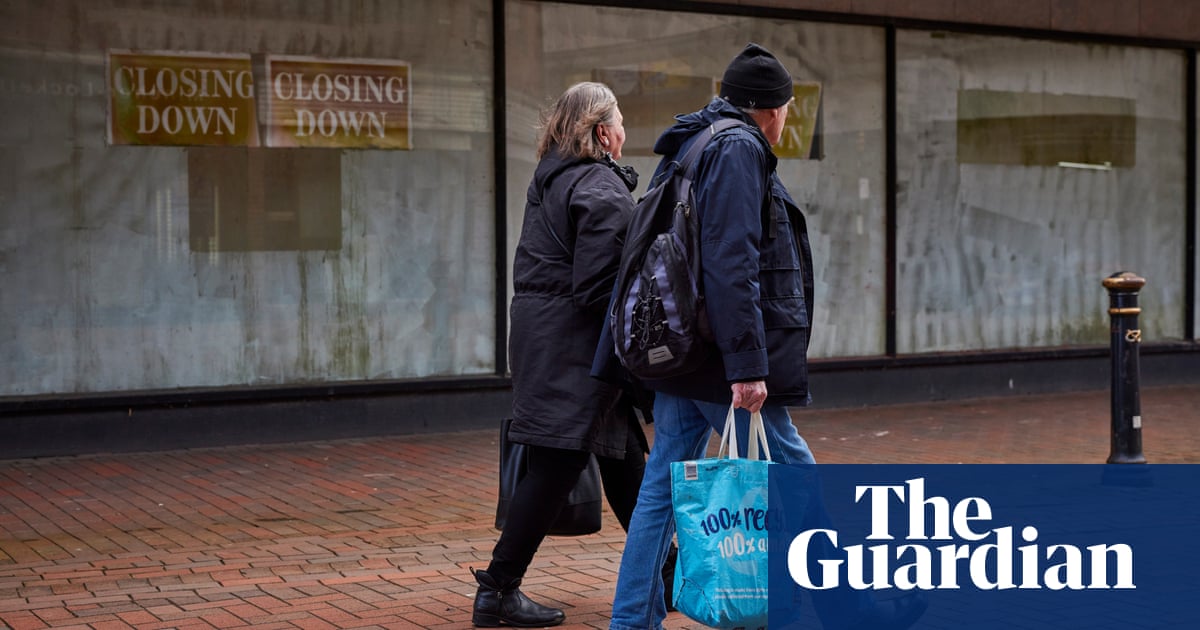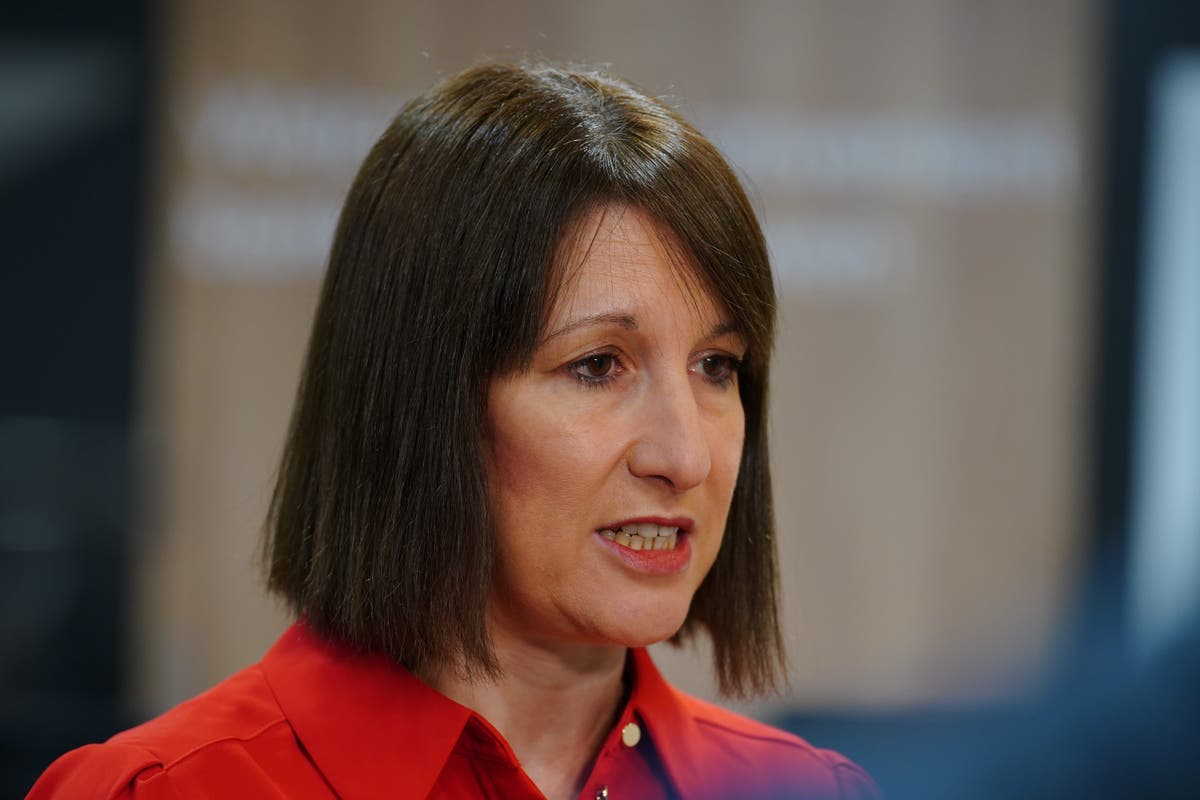Retail sales slump by more than forecast in Great Britain amid poor weather

- by Admin
- July 19, 2024

Retail sales in Great Britain slumped in June by more than forecast as cautious households reined in their spending amid poor weather, election uncertainty and the cost of living crisis.
Figures from the Office for National Statistics (ONS) show retail sales volumes were estimated to have fallen by 1.2% in June, after a rise of 2.9% a month earlier. City economists had forecast a shallower 0.4% decline.
Grant Fitzner, the ONS chief economist, said department stores, clothing shops and furniture stores were the biggest contributors to the fall. “Retail sales fell back from May’s recent high point with falls across all main shop types, with the exception of petrol stations.”
Sales volumes in food stores fell by 1.1%, mainly because of supermarkets, with retailers suggesting that poor weather and economic conditions deterred spending as households continued to grapple with high living costs. Although inflation has fallen back to the 2% target set by the government, prices remain significantly higher than they were three years ago.
Sales volumes in non-food stores dropped 2.1%. The ONS said retailers had suggested that election uncertainty, poor weather and low footfall affected sales.
The British Retail Consortium, the industry trade group, said some electronic categories had a better month as consumers replaced items bought during Covid lockdowns, and as sports fans upgraded home entertainment systems for Euro 2024, Wimbledon and the Olympics. Books also sold well as consumers prepared for their holidays.
Lisa Hooker, the leader of industry for consumer markets at the accountancy firm PwC UK, said: “While July has also got off to a wet and chilly start, retailers will be hoping that the return of warmer weather, longer-term political stability and England’s relative sporting success, encourages consumers to return to the high street, albeit probably too late to save the summer season sales for some retailers.”
The figures come as the Bank of England considers whether to cut interest rates from the current level of 5.25% for the first time since the start of the Covid pandemic amid concerns that high borrowing costs are weighing on the economy.
after newsletter promotion
The Bank will hold its next policy meeting on 1 August. Financial markets predict Threadneedle Street is likely to keep interest rates on hold after underlying measures of inflation in the service sector remained higher than anticipated in June.
The Latest News
-
December 23, 2024Christmas shopping from a more civilised age! As Britain is gripped by festive getaway chaos and a looming recession, how the country used to get its last-minute purchases done in style
-
December 23, 2024On board with the pilots doing one of Britain’s toughest jobs
-
December 23, 2024Christmas Travel LIVE: Traffic chaos on motorways while flights cancelled
-
December 23, 2024UK economy stagnates as GDP figures revised down
-
December 23, 2024Donald Trump taps ‘Apprentice’ producer as special envoy to UK





